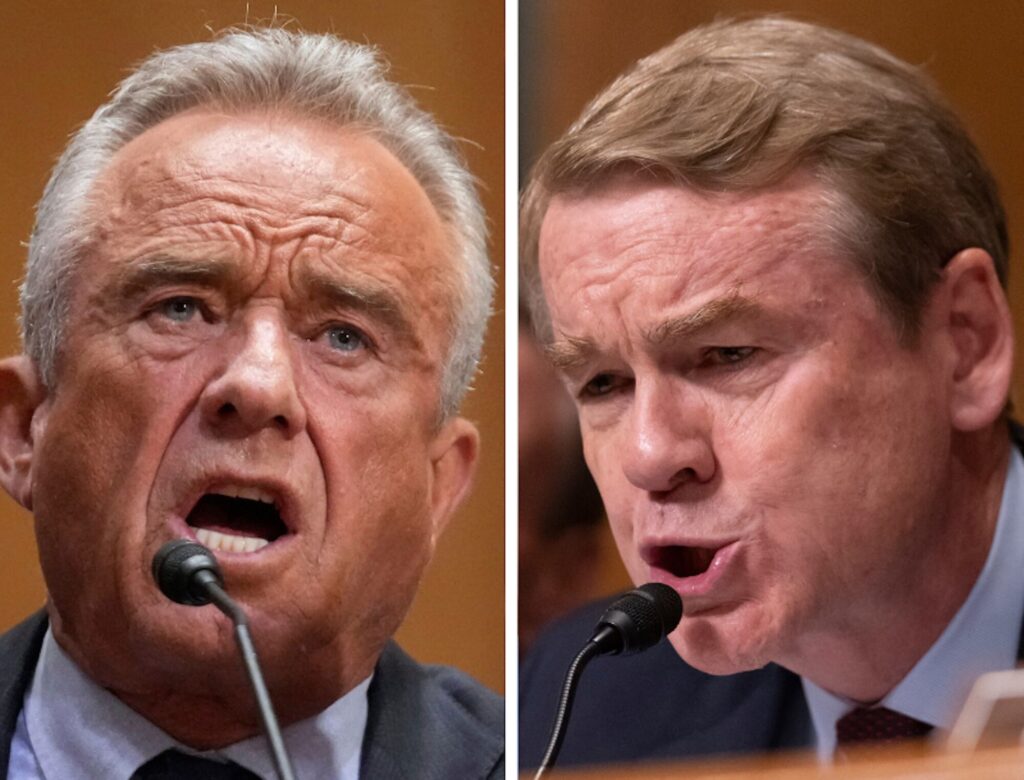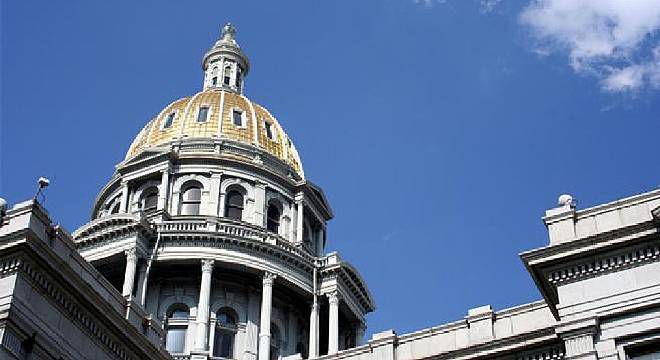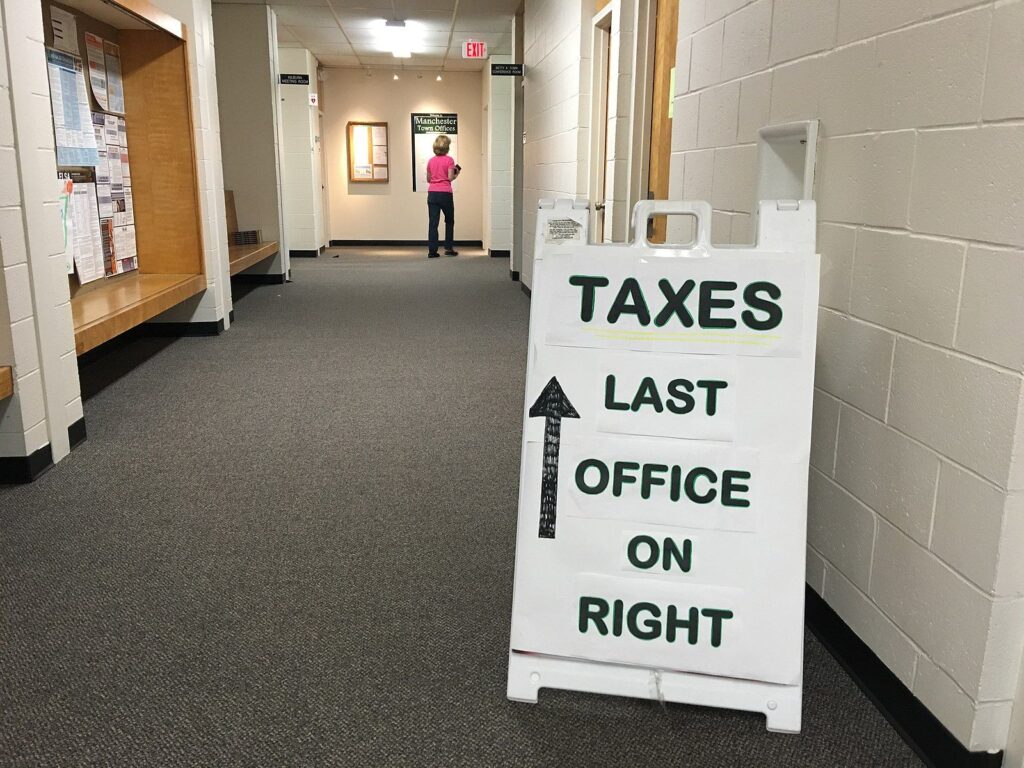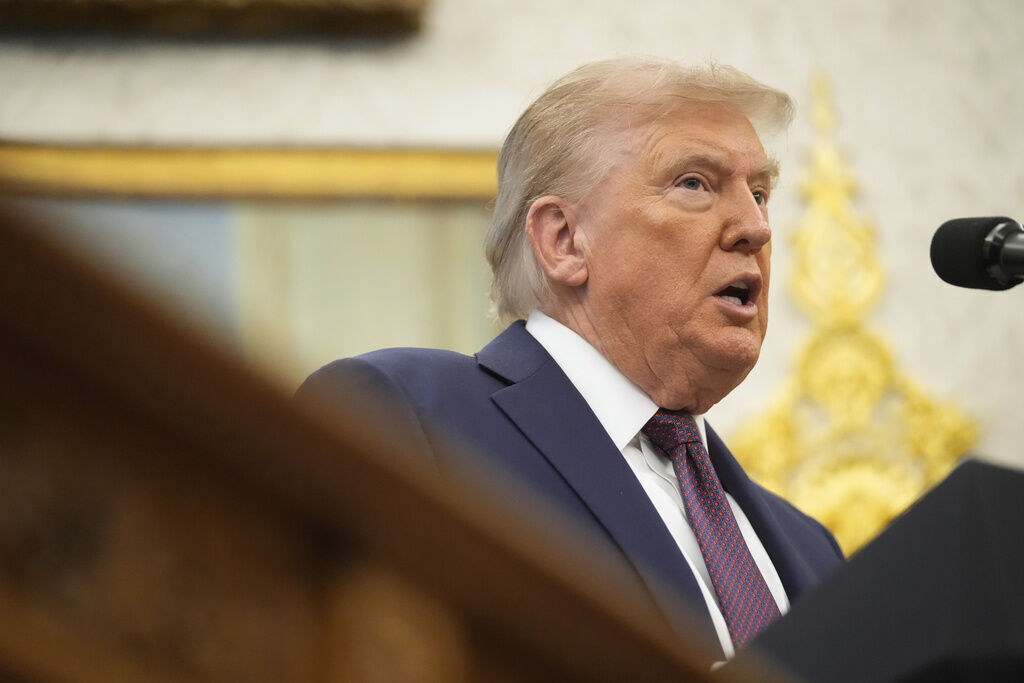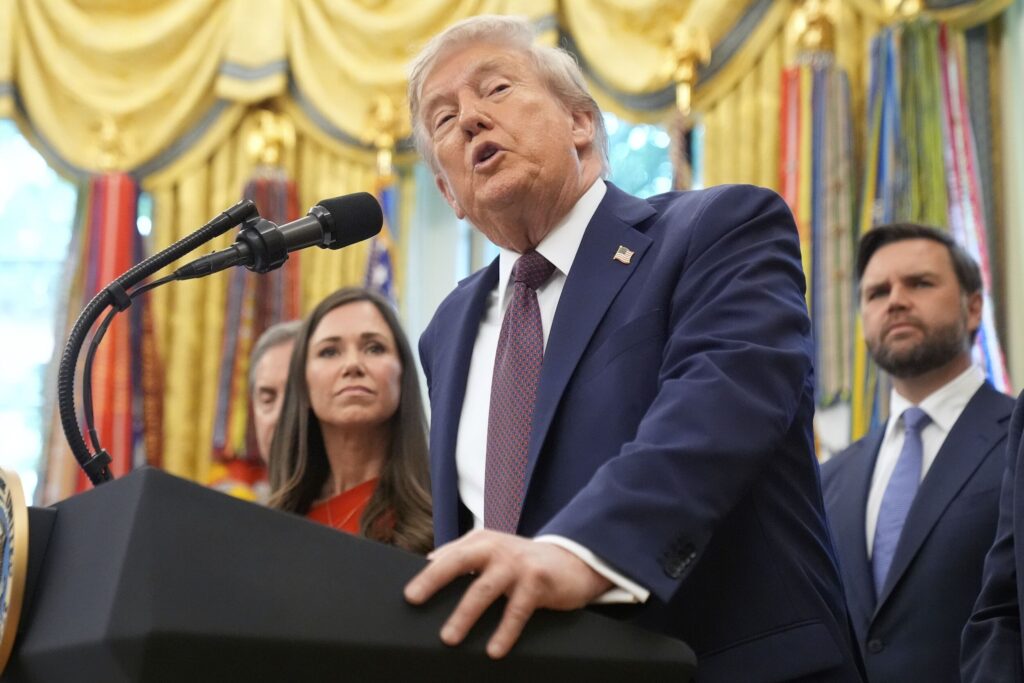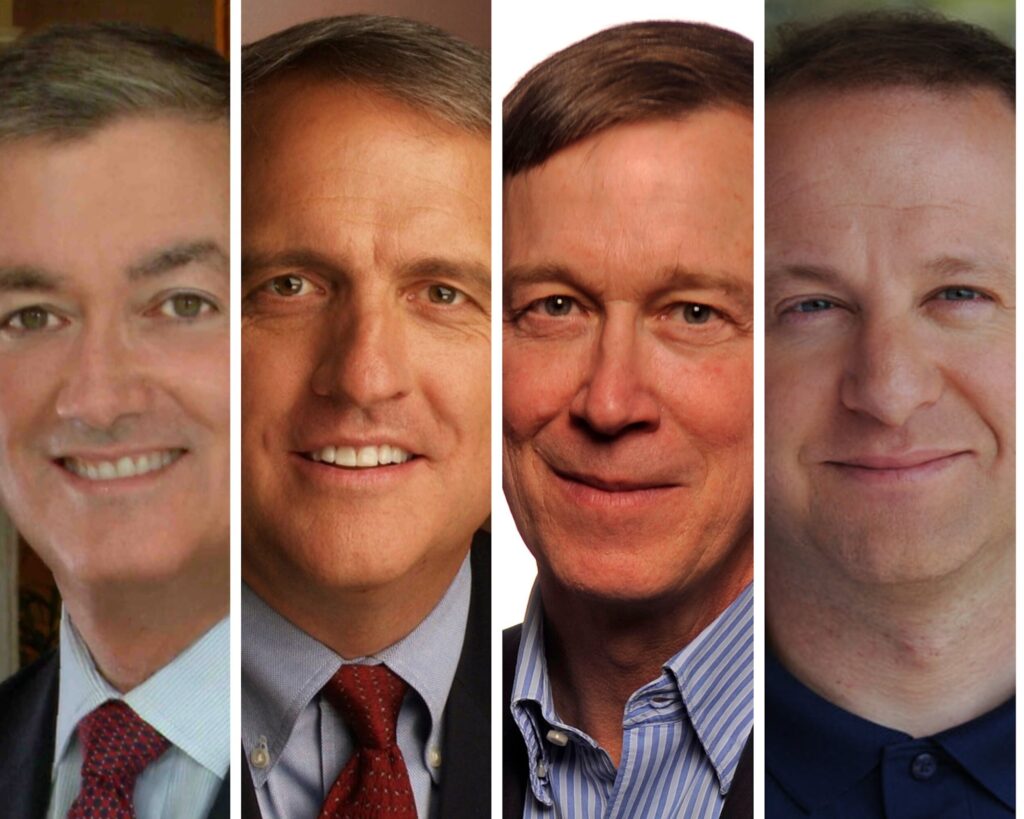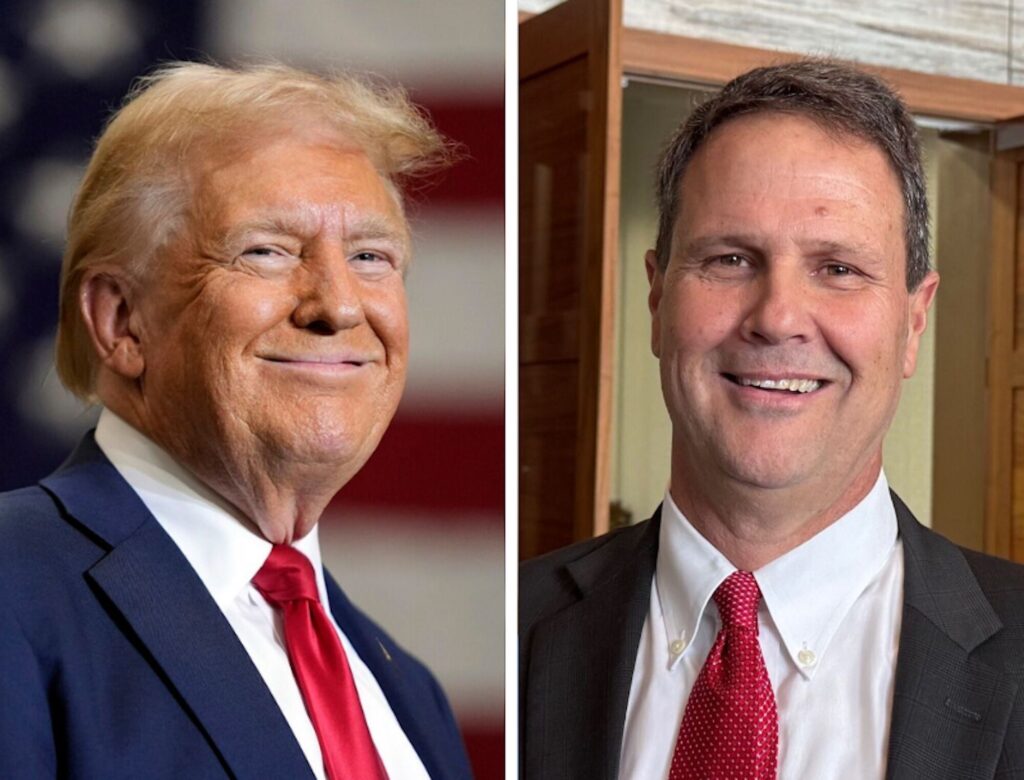Colorado remains among a shrinking pool of states with glass ceilings at top of the ticket | TRAIL MIX
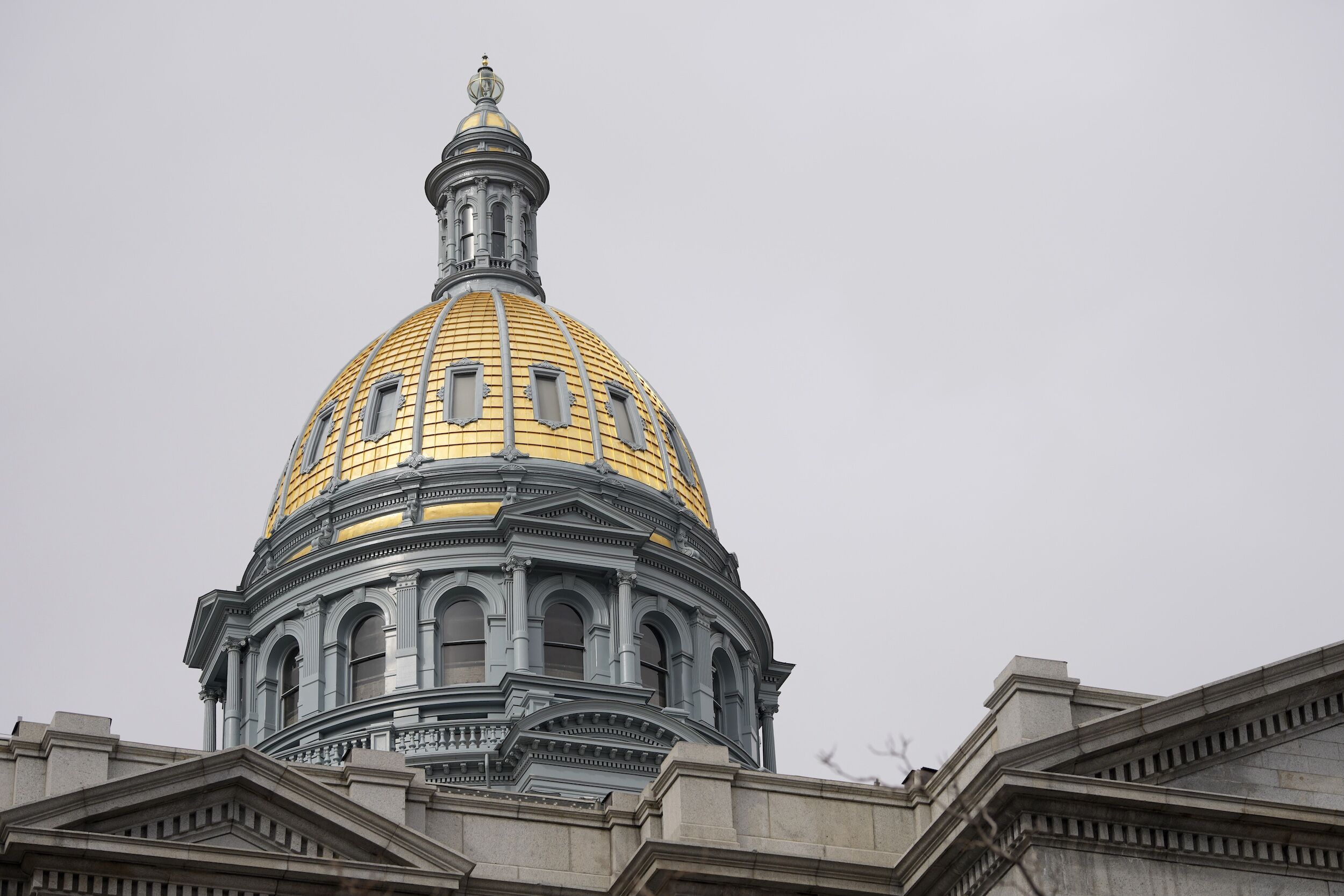
Will 2026 be the year Colorado voters shatter one of the state’s stubborn and seemingly incongruous glass ceilings?
The Centennial State approaches next year’s sesquicentennial — preparing to celebrate the 150th anniversary of statehood — with an increasingly rare distinction in the almanac of American politics.
Across all those years, voters have never elected a woman to either of the state’s top two offices, governor or U.S. senator, though there’s a chance that could change next November, when both races are on the ballot.
At this point, 16 states have never been represented in the U.S. Senate by a woman, and 18 states have never had a woman governor, though Colorado is one of only five states that have never filled either position with a woman, through election or appointment.
That number has dwindled dramatically in just the last decade, dropping from 14 in 2016, and it’s almost certain to fall to four in a few months, when two women — former U.S. Rep. Abigail Spanberger, the Democratic nominee, and Lt. Gov. Winsome Earle-Sears, the Republican — face off in Virginia’s gubernatorial race.
Along with Colorado and Virginia — for now — the other remaining double holdouts are Idaho, Indiana and Pennsylvania.
Colorado stands out on that list in large part because the state has long been considered a trailblazer when it comes to women’s participation in the political process.
Voters approved women’s suffrage in Colorado in 1893 — decades before ratification of the 19th Amendment in 1920 established the right nationwide — marking the first time any state had expanded its electorate to include women by popular referendum. (Colorado trailed Wyoming, whose legislature granted women the vote in 1869.)
Only a year later, in 1894, voters elected three women to the Colorado General Assembly, making it the first parliamentary body in the world to seat women lawmakers.
In recent decades, Colorado has regularly been among the top two or three states with the largest share of women serving in its legislature — currently ranking third, behind Arizona and Nevada, according to a tally maintained by the Center for American Women and Politics at Rutgers University. In addition, this year, for the first time, women constitute a majority in the legislature after nosing just under 50% in the previous two sessions.
It wasn’t until decades after entering the legislature, however, that women first occupied other top elected offices in Colorado.
Republican Virginia Neal Blue, who had earlier served as a University of Colorado regent, was the first woman to hold statewide executive office after she was elected to the first of two terms as state treasurer in 1966. Blue died in office in 1970 and was replaced by her deputy, Julia Swearingen, who didn’t seek election to a full term.
In the 60 years since Blue cracked that office’s ceiling, voters have elected two women as state treasurer, both Democrats: Gail Schoettler, who served two terms from 1987-1995, and Cary Kennedy, who served one term from 2006-2011.
Democrat Pat Schroeder became the first woman elected to the U.S. House from Colorado in 1972, winning the first of 12 terms representing Denver’s 1st Congressional District. Her successor, Democrat Diana DeGette, won the seat in 1996 and is seeking a 16th term next year.
While Schroeder and DeGette were the only women representing Colorado in Congress for decades, they’ve been joined by five others this century, including Republicans Marilyn Musgrave and Lauren Boebert, and Democrats Betsy Markey, Yadira Caraveo and Brittany Pettersen. Incumbents Boebert and Pettersen are seeking reelection next year.
Appointed to the position following the death of the incumbent, Republican Mary Estill Buchanan became the first woman to serve as Colorado’s secretary of state in 1974 and won election to the first of two full terms later that year.
After Buchanan broke the 98-year stretch of male secretaries of state, voters elected only women to the position for the next 32 years — Republicans Natalie Meyer, Vickie Buckley, Donetta Davidson and Gigi Dennis — until three men filled the office by election and appointment. Democrat Jena Griswold, who is term-limited and running for attorney general next year, was elected to two terms in 2018.
Democrat Nancy Dick — sharing the ticket as incumbent Gov. Dick Lamm’s running mate — won election as lieutenant governor in 1978 and was reelected four years later. In the ensuing decades, five of the state’s nine lieutenant governors have been women — beginning with Schoettler, following her two terms as state treasurer, followed by Republican Jane Norton and Democrats Barbara O’Brien, Donna Lynne and Dianne Primavera, the term-limited incumbent.
The office of attorney general was first held by a woman when Republican Gale Norton won election to the first of two terms in 1990. Republican Cynthia Coffman served a single term starting in 2014 and made an unsuccessful run for governor rather than seek reelection.
Both of Colorado’s major parties have nominated women to run for governor and the U.S. Senate. Although none have won, one Republican and one Democrat came within a whisker of being elected to each office.
In 1980, Buchanan became the first woman nominated for one of the top two offices in Colorado after she petitioned her way onto the ballot and won a crowded primary for the chance to challenge Democratic incumbent Gary Hart. She lost in a nail-biter, however, by a narrow 1.5 points.
Four years later, Dick won the 1984 Democratic Senate nomination but lost by a wide margin to incumbent Republican Bill Armstrong. After Armstrong decided against seeking a third term, Democrats nominated former Boulder County Commissioner Josie Heath, who lost convincingly to Republican Hank Brown. In 1998, newspaper columnist and women’s rights advocate Dottie Lamm, the state’s former first lady, was the Democrats’ nominee against incumbent Democrat-turned-Republican Ben Nighthorse Campbell but lost in a landslide.
That same year, Schoettler capped the dozen years the Democrat had served in statewide office by becoming the first women nominated for governor. In the year’s closest race, she lost to Republican Bill Owens, the outgoing state treasurer and the state’s only GOP governor in the last 50 years, by less than 1% of the vote.
Republicans nominated then-CU Regent Heidi Ganahl to take on incumbent Gov. Jared Polis in 2022, but she lost by nearly 20 points.


